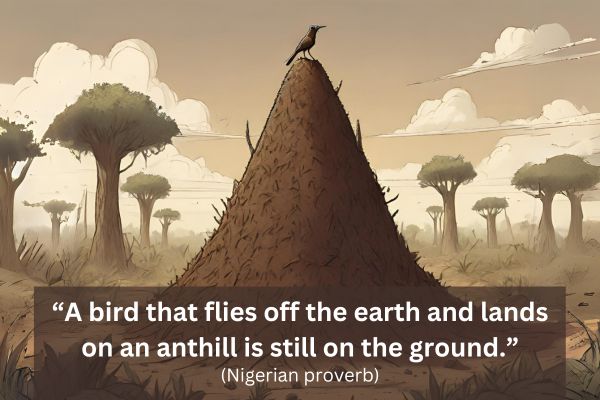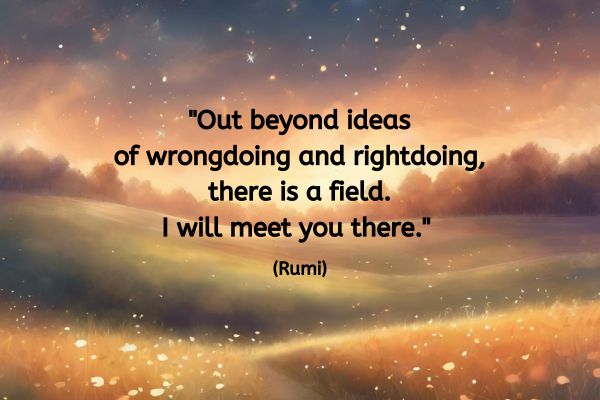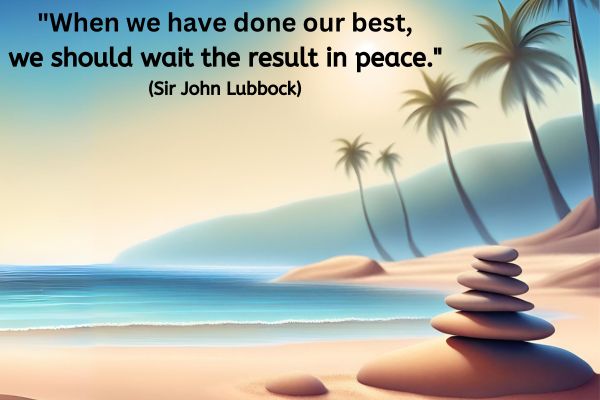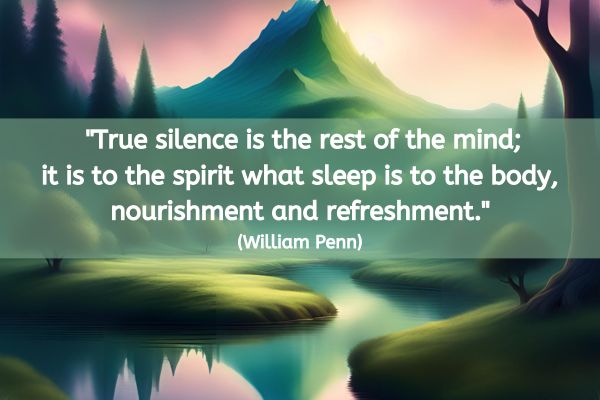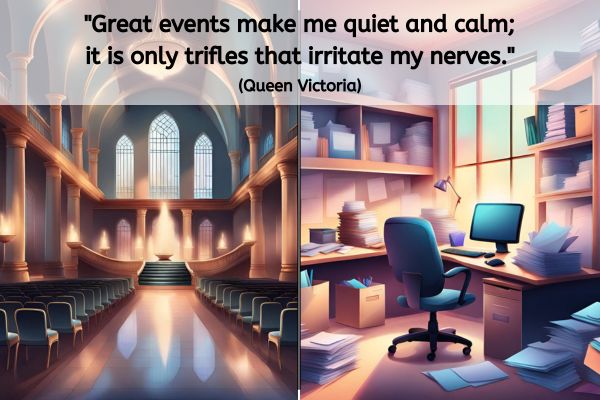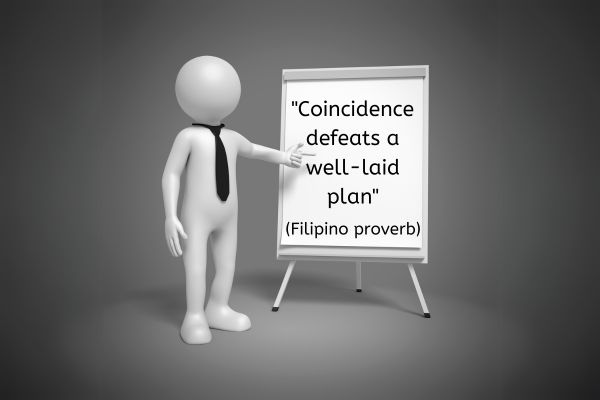What If Innate Happiness Exists?
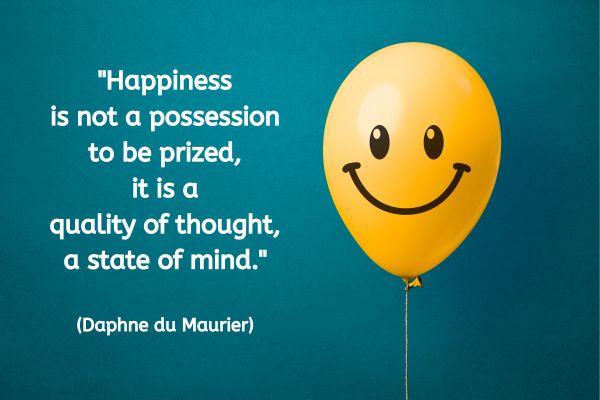
Today is #InternationalDayOfHappiness so you’ll never guess what I’ve selected today’s quote to be about:
“Happiness is not a possession to be prized, it is a quality of thought, a state of mind.” (Daphne du Maurier)
In our journey through life, we often seek happiness as if it were an external possession to be acquired, chasing after fleeting moments of joy and pleasure Today I invite you to play with a thought experiment: What if, happiness is not something we need to pursue or attain; what if, it is an innate quality of our true nature, a state of mind that arises from within?
What if, at its core, happiness is not contingent upon material possessions, external circumstances, or fleeting moments of pleasure. Instead, how we feel emerges from the way we perceive and interpret the world around us. It is a lens through which we view life—a perspective that colors our experiences and shapes our reality. And under all of that is a innate sense of peace and happiness?
Du Maurier’s insight challenges the conventional notion of happiness as an external pursuit and invites us to explore its true essence within the realm of our thoughts and emotions. It suggests that happiness is not dependent on the accumulation of wealth, status, or achievements but is rather a byproduct of our internal state of being.
What if, at its essence, happiness is not something we need to strive for or chase after; it is already within us, waiting to be uncovered and realized? By recognizing the role of Thought in shaping our reality, we come to understand that our experience of happiness is not determined by external events but by the quality of our thinking in the moment.
As we delve deeper into Du Maurier’s quote, we uncover the transformative power of understanding the nature of thought. What if happiness isn’t about changing external circumstances but the shifting nature of our perspective on life dependent upon our thinking? What if it’s about recognizing the innate resilience and wisdom within us?
Imagine living in a world where happiness isn’t contingent on achieving a certain goal or possessing a specific object. Instead, it flows effortlessly from our ability to embrace the present moment with gratitude and acceptance because that’s when we are closer to our innate nature.
By acknowledging that happiness is our innate state, we could free ourselves from the relentless pursuit of external validation and find solace in the knowledge that true contentment comes from within. It’s not about denying our challenges or pretending that everything is perfect; it’s about embracing life with all its ups and downs and finding peace in the midst of chaos.
So, on this International Day of Happiness, let’s take a moment to pause and reflect on the true nature of happiness. I invite you to play with this thought experiment, that happiness isn’t something to be chased after—it’s something to be discovered within ourselves, in the quiet moments of reflection and gratitude.
About Jen Waller

Jen Waller is on a mission to support, nurture and encourage coaching skills and talents from non-coach to coach and beyond.
As an experienced coach and trainer Jen is happy to utilise all skills at her disposal to assist clients from getting out of their own way and making a difference in the world with their coaching. Find out more about the support Jen offers here.
